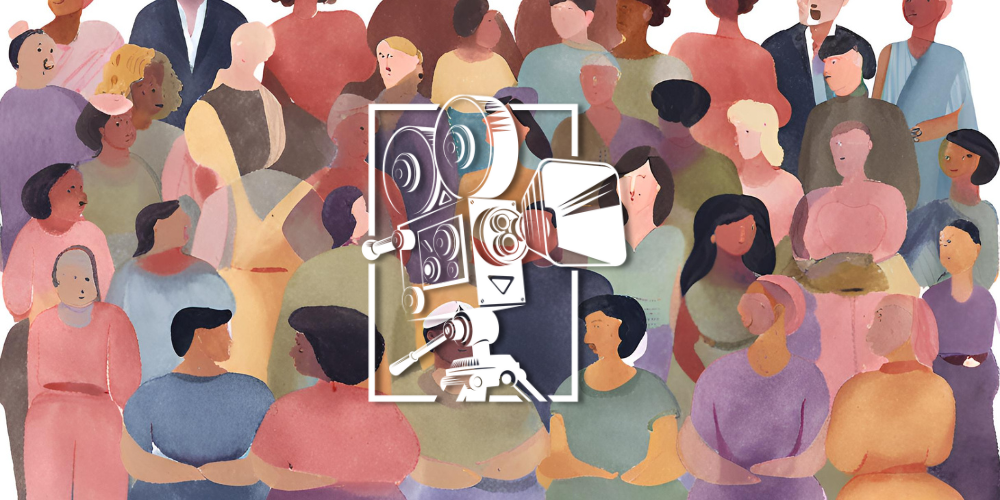




Diversity is the practice or quality of including or involving people from a wide range of different social and ethnic backgrounds and of different genders. Every culture, every nationality, and every single person sees the world in a different way. They contribute different knowledge and perspectives. A diverse environment can drive creativity and innovation, which is vital in a workplace as well as in movies.
Nowadays, people tend to highlight the importance of representation, especially in movies, so people belonging to various cultures, races, and backgrounds can relate to the characters. As much as this is important, it can sometimes seem forced.
What is Forced Diversity?
Forced diversity is when diversity is introduced in a story in a way that doesn't make sense for the setting, a kind of false representation or misrepresentation where diverse film characters are there to satisfy the needs for inclusion and diversity. This is a problematic approach that can have unintended consequences, hindering the creation of genuinely diverse and inclusive environments.
A good example of this is 'Cleopatra' - a miniseries on Netflix, where the main character, Cleopatra, is played by a Black woman, when in reality, she was Greek. This seemed disrespectful as it didn't portray an accurate and authentic representation of who she really was and completely changed her race just in the name of representation, therefore, disrespecting their culture and offending the public. Another example is 'Ghost in the Shell,' an adaptation of a Japanese manga set in a dystopian near-future Japan. Modern Japan is one of the most ethnically homogeneous countries in the world with 98% of the population being Japanese. But in the movie, the protagonist, the antagonist, and other characters are all white. Instead of changing the race of the characters, new characters that fit the diverse category could be created without making it stereotypical.
It is important that people are able to relate to a character, but it must be done in a way that doesn't seem as if it was done just for the sake of it. Instead of changing the race of people that exist or existed, we need to create more characters represented by people belonging to various groups. This way it doesn't seem forced. An example of this is Tiana, the Disney princess, or even Pocahontas. Other notable examples are 'Never Have I Ever' - a series on Netflix which centers around a teenage Indian American girl and her life, 'The Farewell,' 'Spider-Man: Into the Spider-Verse,' and The MCU's rendition of Spider-Man, where the cast is diverse.
Representation, when done in the right way, can be empowering. It must be fostered in an organic way and not by forcing it.